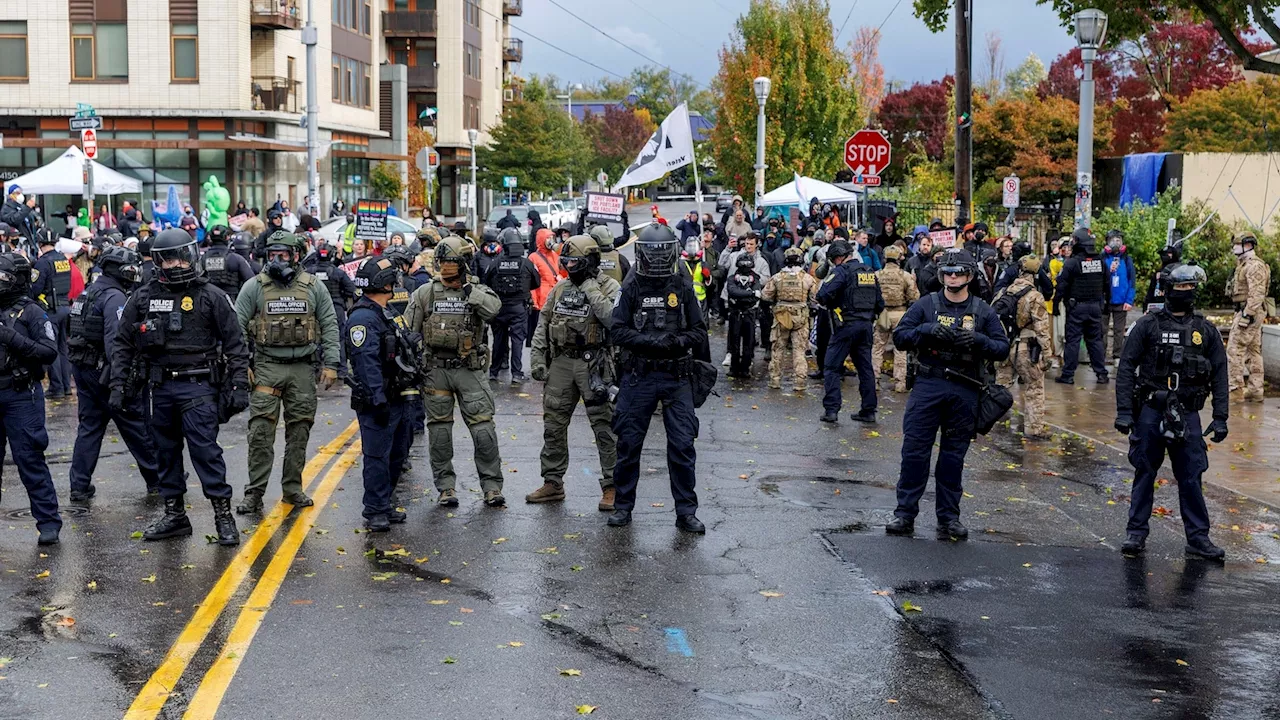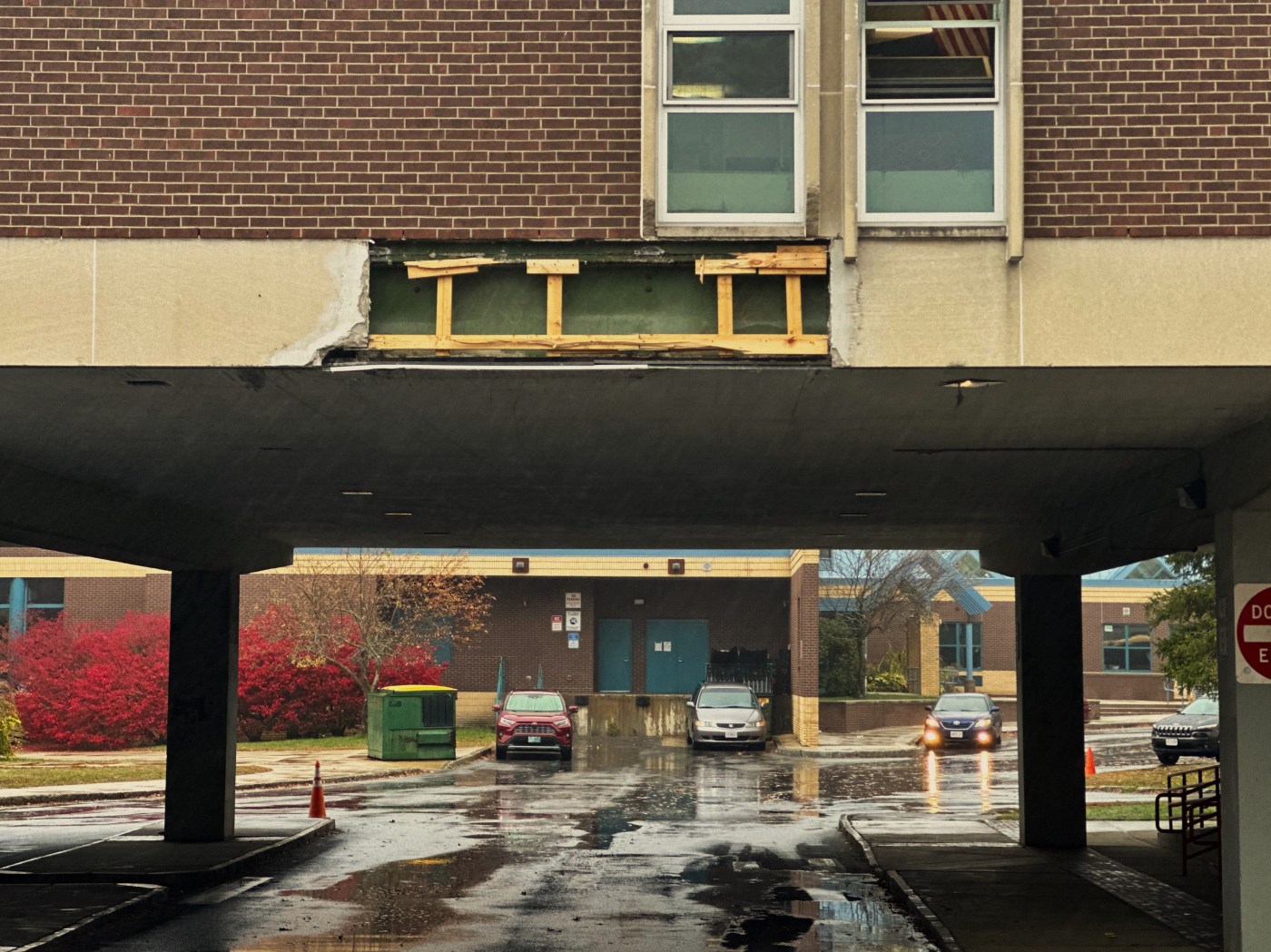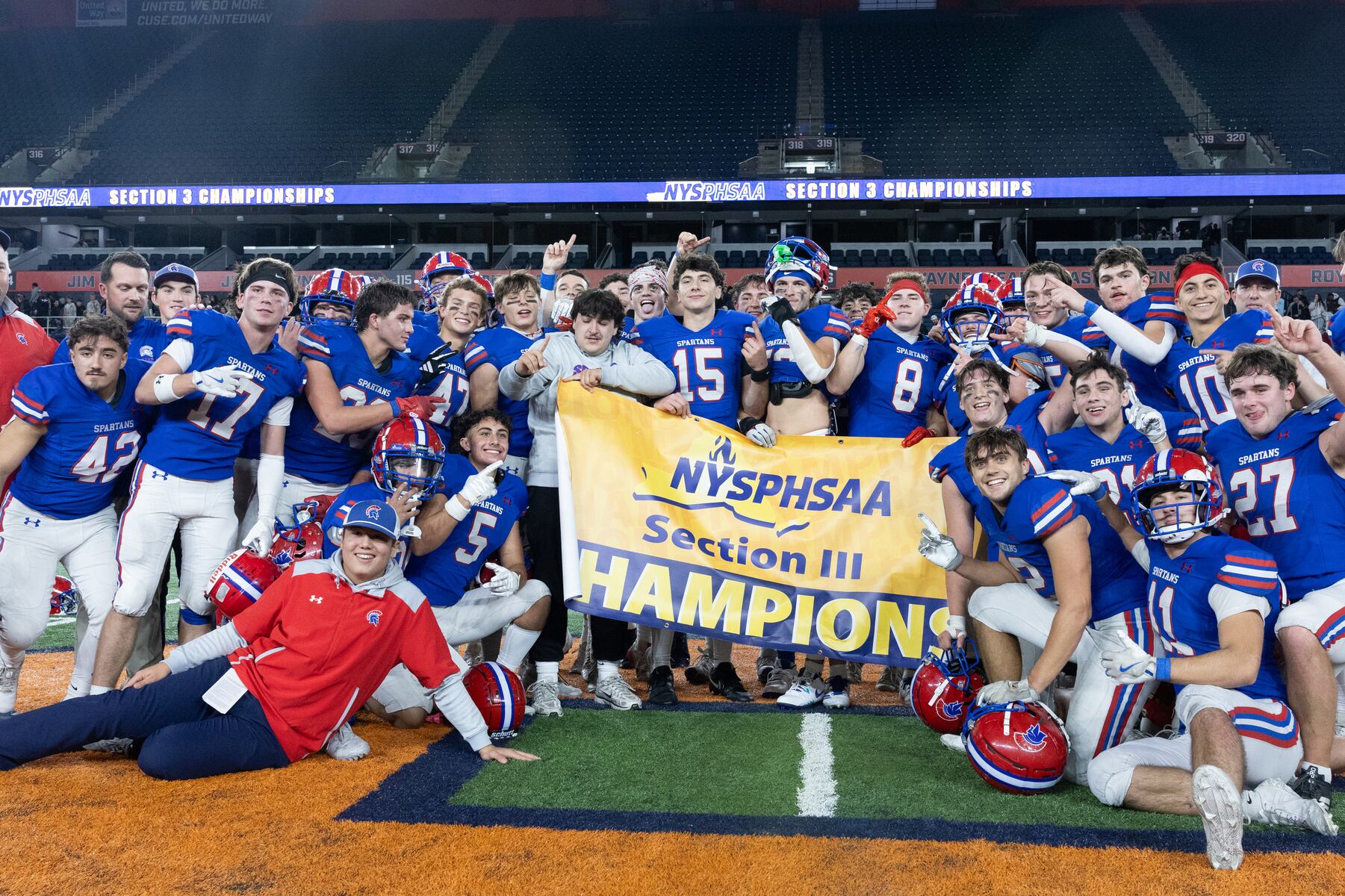UPDATE: A federal judge has permanently blocked the deployment of National Guard troops to Portland, Oregon, ruling that Donald Trump exceeded his authority. This significant decision comes as tensions surrounding immigration protests escalate, and Judge Karin Immergut made her ruling public just moments ago.
In a decisive verdict delivered on October 25, 2025, Immergut stated that the President’s actions were unauthorized, emphasizing that the Oregon Governor had objected to the deployment and that local federal officials had not requested it. The judge noted, “The evidence demonstrates that these deployments… exceeded the President’s authority.”
This ruling follows a three-day trial where the Trump administration argued that ongoing protests against immigration policies constituted a rebellion, a claim that Immergut firmly rejected. She highlighted that the conditions in Portland, which persisted for months prior to the National Guard’s federalization, did not meet the legal threshold required for such military action.
The judge expressed the gravity of the situation, stating, “The ‘precise standard’ to demarcate the line past which conditions would satisfy the statutory standard to deploy the military in the streets of American cities is ultimately a question for a higher court to decide.” This indicates that the implications of this case may extend beyond Portland, affecting future federal actions in other cities.
With Trump threatening similar deployments to other Democratic-run cities, including Chicago, the ruling has generated significant attention and debate over the balance of power between state and federal authorities. Local officials in Portland celebrated the decision as a victory for state sovereignty and a reaffirmation of legal boundaries.
The ruling underscores critical questions concerning executive powers and the role of the National Guard in civil unrest. As the legal battle continues, this case is poised to reach higher courts, potentially setting a precedent for how federal forces can be utilized in urban environments during protests.
As developments unfold, citizens and officials alike are urged to stay informed on this crucial case that could reshape the future of federal interventions across the United States.
Stay tuned for more updates as this story develops.







